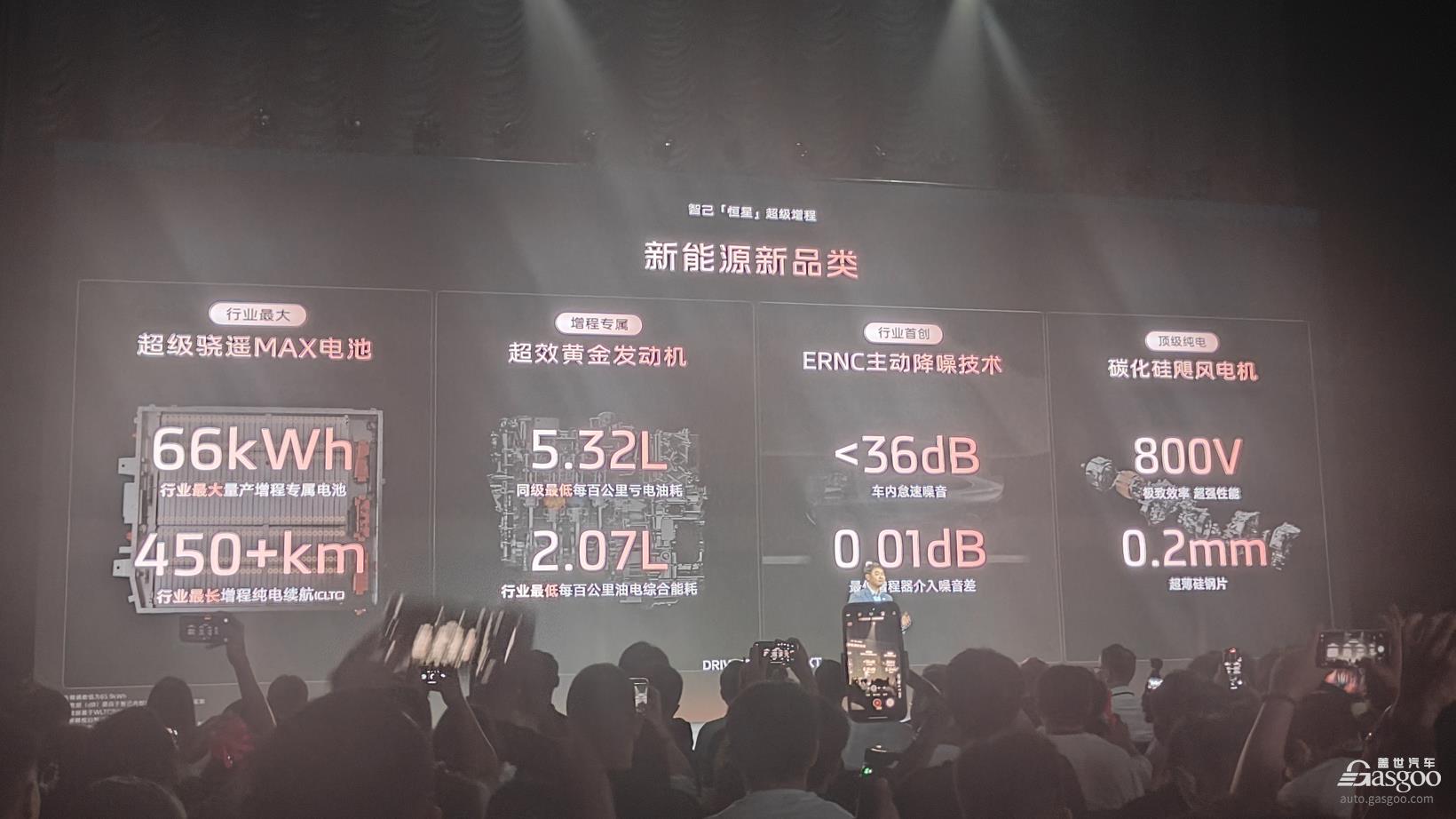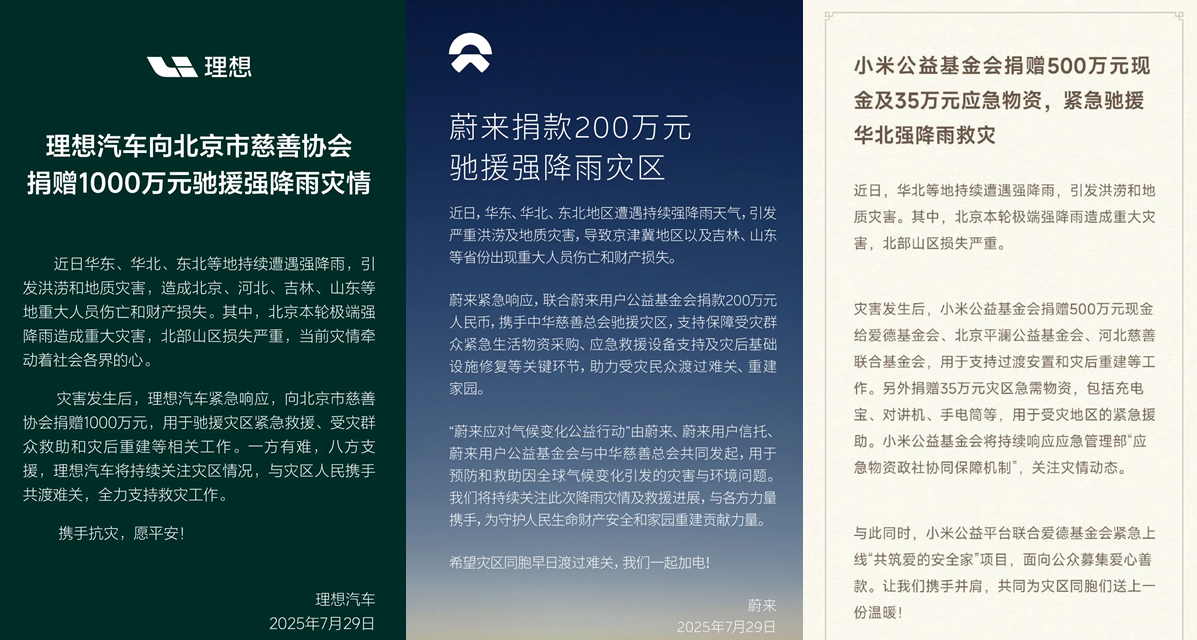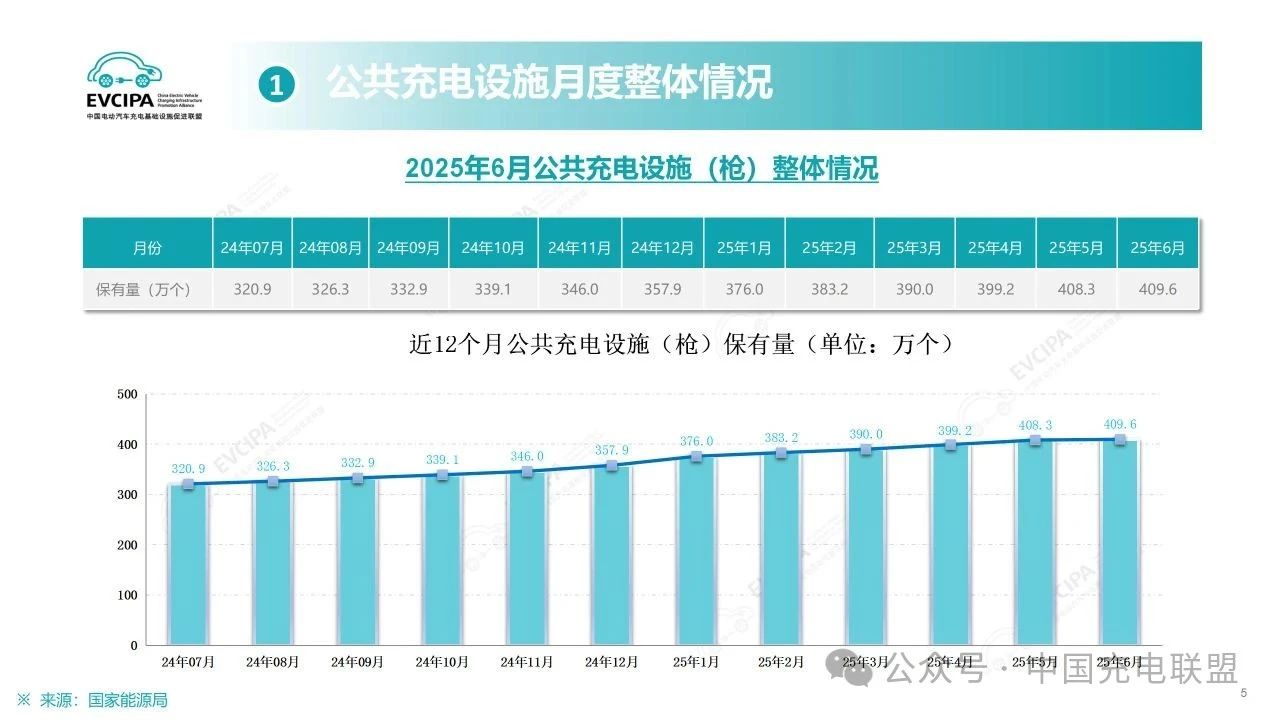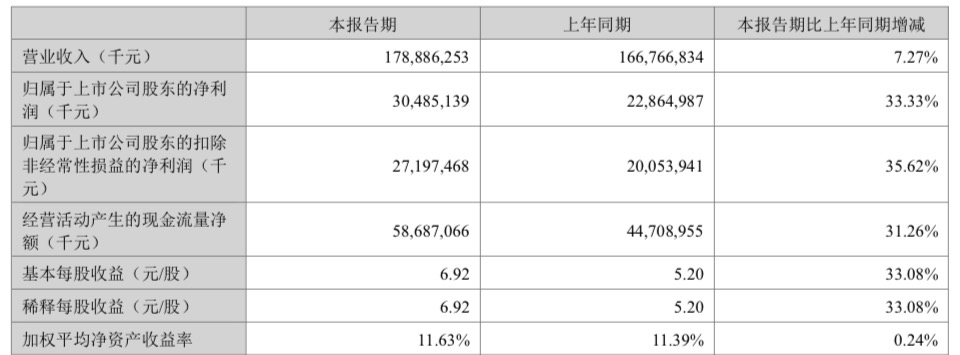This week saw significant updates in the new energy vehicle (NEV) market as July sales figures were released, with several manufacturers reporting record monthly sales. Among the new automakers, Leap Motor achieved a monthly sales milestone by surpassing 50,000 units for the first time, leading the NEV sales chart. Xiaomi Auto also reported a monthly delivery exceeding 30,000 units for the first time. Specifically, Leap Motor delivered a total of 50,129 vehicles in July, marking a year-on-year increase of over 126%. XPeng Motors delivered 36,717 new vehicles in July, showing a 229% year-on-year increase and a 6% month-on-month increase, setting a new monthly delivery record for the ninth consecutive month. Li Auto reported delivery of 30,731 new vehicles in July, bringing its historical cumulative delivery total to 1,368,541 units as of July 31, 2025. Lei Jun, founder and CEO of Xiaomi, announced on social media that Xiaomi Auto's deliveries surpassed 30,000 units in July, thanking supporters. NIO delivered 21,017 new vehicles in July, reflecting a year-on-year growth of 25.2%. The delivery breakdown included 12,675 units from the NIO brand, 5,976 units from the Lada brand, and 2,366 units from the Firefly brand. The monthly sales figures indicate a divergence in the market, suggesting a rapid reshaping of competition within the NEV sector. On August 1, Zhiji Auto unveiled its 'Stellar' super-extended range technology, featuring the industry's largest 66kWh 800V range-extending battery, offering a pure electric range of over 450 km and a comprehensive range exceeding 1,500 km. The new Zhiji LS6, equipped with this technology, is set to start pre-sales on August 15. Zhiji also announced the upcoming flagship LS9 SUV to be launched in Q4 2025. The Stellar technology includes an AI energy management system and is designed for extreme weather conditions. In response to recent floods in East and North China, several automakers, including Li Auto and NIO, announced donations for disaster relief efforts. Li Auto pledged 10 million yuan to support emergency rescue and reconstruction efforts. NIO, in conjunction with its users' charity foundation, donated 2 million yuan for urgent supplies and infrastructure repair. Xiaomi's charitable foundation also donated 5 million yuan and essential supplies for disaster-stricken areas. Lastly, data from the China Electric Vehicle Charging Infrastructure Promotion Alliance revealed that from January to June 2025, China's electric vehicle charging infrastructure increased by 3.282 million units, nearly doubling from the previous year. The growth of private charging stations has accelerated significantly, indicating a pivotal moment in the expansion of charging networks. CATL's half-year report showed a revenue of 178.886 billion yuan, with a net profit of 30.485 billion yuan, highlighting its continued dominance in the battery market amidst increasing competition.
Key Events in the New Energy Vehicle Market This Week

Images



Share this post on: